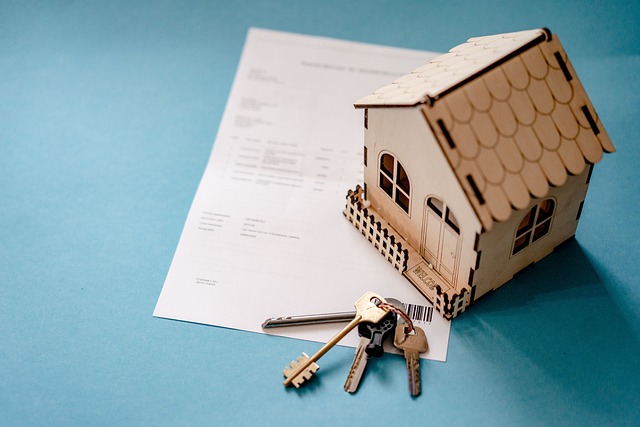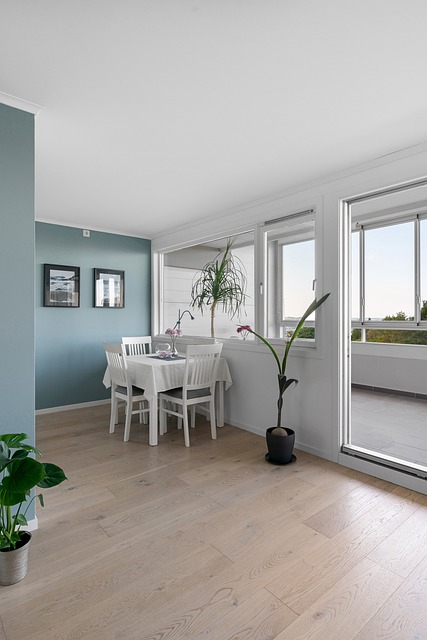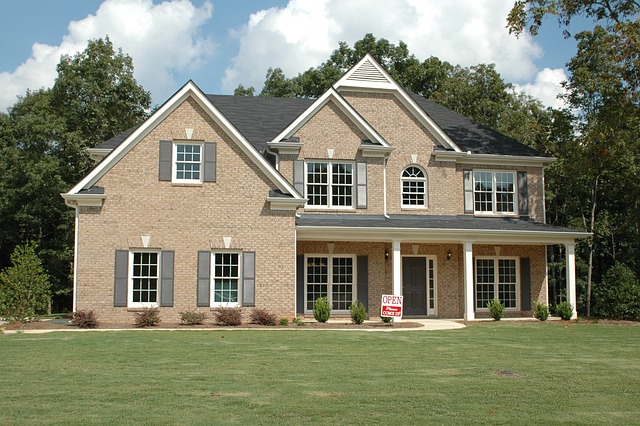Foreign investors can indeed purchase property in Singapore with certain restrictions designed to maintain market balance and protect local interests. The process is overseen by the Singapore Land Authority (SLA), and foreigners are free to buy properties in designated areas such as the Rest of Central Region (RCR) and Outside Central Region (OCR) after obtaining SLA approval, with the requirement to pay the Additional Buyer's Stamp Duty (ABSD). This tax, aimed at curbing excessive speculation, has different rates depending on the type of property and the number of properties already owned by the buyer. Prospective investors must navigate these regulations carefully, ensuring they understand the legal and fiscal implications to comply with government guidelines and make informed decisions. The Singaporean real estate market offers diverse options for investment, from high-end waterfront properties to modern city living spaces, and is characterized by its strategic location, stable political environment, and robust economic growth. With the right due diligence and understanding of the market dynamics, foreigners can position themselves to benefit from Singapore's property market, which has a reputation for stability and potential for growth.
Exploring the potential of real estate investment within Singapore’s dynamic market, this comprehensive guide navigates the key aspects for foreign investors seeking to acquire property in the Lion City. From grasping the legal nuances to strategic planning for successful ventures, readers will gain valuable insights into the opportunities that await. Understanding the unique position of Singapore as a global hub, we delve into the practical steps and legal frameworks that facilitate foreign ownership, culminating in inspiring case studies of successful investors who have made their mark within this vibrant marketplace. Whether you’re an investor looking to diversify your portfolio or simply curious about the possibilities, this article offers a clear roadmap for your property investment journey in Singapore.
- Overview of Singapore's Property Market for Foreign Investors
- Understanding the Legal Framework for Foreign Property Ownership
- The Process of Buying Property as a Foreigner in Singapore
- Strategies for Successful Real Estate Investment in Singapore
- Case Studies: Foreigners Who Have Successfully Invested in Singapore's Property Market
Overview of Singapore's Property Market for Foreign Investors

Singapore’s property market has long been a draw for foreign investors, offering a stable and attractive investment opportunity with its strategic location, strong economic fundamentals, and transparent legal framework. Foreigners are permitted to purchase properties in Singapore, subject to certain restrictions that ensure a healthy balance between promoting foreign investments and safeguarding the interests of local residents. Residential properties, excluding landed houses, are open for foreign investors to buy without restriction. Condominiums and apartments have traditionally been popular choices among foreign buyers due to their high-end facilities and convenient locations.
The government has implemented policies such as the Additional Buyer’s Stamp Duty (ABSD) and Loan-to-Value (LTV) limits to maintain the integrity of the property market and prevent excessive speculation. These measures provide a level of assurance for foreign investors looking to enter the market, as they indicate a commitment to sustainable growth and stability. Singapore’s diverse range of real estate options, from luxury waterfront properties to modern urban dwellings, caters to a variety of investment preferences and strategies. With clear guidelines on eligibility and ownership, navigating the property market in Singapore for foreign investors is a well-trodden path that offers potential returns and a secure foothold in Asia’s economic powerhouse.
Understanding the Legal Framework for Foreign Property Ownership

Navigating the legal framework for foreign property ownership in Singapore requires a clear understanding of the country’s legislative provisions. Foreigners interested in purchasing residential property in Singapore are subject to the Singapore Land Authority’s (SLA) regulations, which differ from those applicable to Singaporean citizens and permanent residents. As per the latest directive, foreigners are allowed to own and purchase certain types of residential properties without restriction. These include properties within specific areas like the Rest of Central Region (RCR), Outside Central Region (OCR), and the Central Region (CR), subject to obtaining approval from SLA for properties in the latter. Foreign buyers must also ensure compliance with the Additional Buyer’s Stamp Duty (ABSD) imposed on them, which serves as a cooling-off measure to prevent speculative demand. This duty varies depending on the type of property being purchased and the number of properties owned by the buyer. It is imperative for potential investors to familiarize themselves with these conditions to make informed decisions about their investment in Singapore’s real estate market. Understanding the legal parameters and associated financial implications is crucial for a smooth transaction, ensuring that foreigners can buy property in accordance with the rules set forth by the Singapore government.
The Process of Buying Property as a Foreigner in Singapore

In Singapore, real estate has long been a sought-after investment due to its strategic location, stable political climate, and robust economic growth. For foreign investors, the process of purchasing property in Singapore is well-defined and governed by the Country’s Land Authority (CLA). To begin with, potential buyers must obtain Approval of Purchase from the CLA if they are not a Singaporean citizen or a permanent resident. This approval process ensures that foreign ownership remains within the limits set by the government to maintain a balanced property market. Once approved, foreign investors can proceed with the purchase. The transaction involves several steps including selecting a property, making an offer through a real estate agent registered with the CLA, and entering into a Sale and Purchase Agreement upon acceptance of the offer. It is important for investors to conduct due diligence, which includes reviewing the property’s legal status, understanding the leasehold or freehold tenure, and considering the property taxes and other associated costs. Foreigners are generally allowed to purchase resale condominium units but are restricted to buying only one residential property per foreigner, irrespective of the number of foreign quarantine leave (FQL) applications made. Additionally, they are not permitted to purchase landed properties such as terraced or semi-detached houses, or bungalows. Investors should also be aware of the Total Debt Servicing Ratio (TDSR) framework and the Mortgage Servicing Ratio (MSR) which are designed to ensure that property buyers do not overextend themselves financially. By understanding these regulations and following the procedure meticulously, foreign investors can successfully navigate the process of buying property in Singapore and potentially reap the benefits of this strategic investment location.
Strategies for Successful Real Estate Investment in Singapore

Navigating real estate investment in Singapore as a foreigner involves understanding both the legal framework and the market dynamics. For starters, it’s permissible for foreigners to buy property in Singapore, with certain restrictions that differentiate between residential and non-residential categories. When considering residential properties, foreigners are allowed to purchase condominium units but are barred from purchasing landed property. This regulation is designed to maintain a balance between domestic residents and the needs of the international community.
To successfully invest in Singapore’s real estate market, it’s crucial to conduct thorough market research. Analyze trends, demographic shifts, and infrastructure developments that could impact property values over time. Additionally, consider the location’s potential for capital appreciation and rental yields. Factors such as proximity to public transportation, reputable schools, and business districts can significantly influence demand. Engage with local real estate agents and legal experts who can provide insights into the best investment opportunities tailored to your financial goals and risk tolerance. By aligning your strategy with the local market’s nuances, you can navigate the Singaporean property landscape effectively and capitalize on its growth potential.
Case Studies: Foreigners Who Have Successfully Invested in Singapore's Property Market

Foreigners have found significant success in Singapore’s property market, which is renowned for its stability and growth potential. Notably, foreign investors from diverse backgrounds have capitalized on the island’s robust legal framework and favorable economic climate to build substantial portfolios. For instance, a Canadian entrepreneur made strategic investments in luxury condominiums within prime districts, benefiting from both rental yields and property appreciation over the years. Similarly, a European tech startup founder took advantage of Singapore’s business-friendly environment by purchasing commercial properties to house her expanding operations, thereby tapping into the dual benefits of real estate investment and business growth. These case studies exemplify the successful trajectories of foreigners who have navigated the regulatory landscape to purchase property in Singapore, demonstrating that with careful planning and strategic decisions, investing in this market can be a lucrative endeavor. Can foreigners buy property in Singapore? The answer is a resounding yes, as evidenced by these examples, and many more like them, who have successfully integrated their investment strategies into this dynamic market.
